Do you have a passion for changing lives? Careers in massage therapy offer job stability and flexibility. With hands-on training and the right massage certification preparation from Bryan College, you could find yourself working in a spa, a resort, or even working independently.
Careers as a Registered Massage Therapist (RMT) are on the rise. According to Massage Therapy Canada “...we see the potential for tremendous growth and demand for massage therapy."1 Demand for massage therapy services is expected to grow due to increasing awareness and emphasis on preventive medicine and since massage therapists provide a service that promotes the renewal and healing of body and mind, along with general health and wellness.
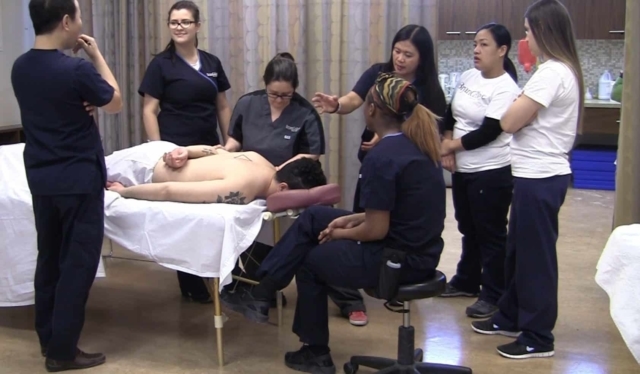
Massage Therapists work in a variety of settings such as:
You’ll receive a dedicated career services advisor that provides job search assistance, job networking best practices, interview preparation, and helps you create a resume.
1Massage Therapy Canada. State of the Massage Therapy Industry. Summer 2009.|1Massage Therapy Canada. State of the Massage Therapy Industry. Summer 2009.
The Bryan College massage therapy curriculum was developed by industry professionals to match changing job market needs and provide you the hands-on training and support to help you successfully graduate.
As a student at Bryan College, you'll learn the technical skills that will give you an advantage in your career, along with the critical communication and business skills you'll need to succeed in today's environment.
As a student at Bryan College, you'll gain the skills to be job-ready, including:
When you receive a diploma in Massage Therapy from Bryan College, you’re immediately prepared for the job market. Our comprehensive course of study ensures your marketability and potential.
At Bryan College, we believe that success in the growing field of massage therapy demands a different approach to education. That’s why we’re dedicated to providing you a hands-on experience from qualified educators, who will help coach and mentor you individually based upon your learning style. You'll also gain experience in our student massage clinic, and through the Student Outreach program, where you'll work directly with the public in applying concepts and techniques learned in class. Once you complete your program, you'll have the knowledge and skills to confidently transition to the professional work environment.
The Bryan College campus offers classrooms and clinic space to build your knowledge and skills. The campus is accessible by public transportation and offers student parking. The address is:
Bryan College Toronto
1200 Lawrence Avenue West
North York, ON M6A 1E3
At Bryan College, we know that education is a lifelong pursuit. That’s why we give our graduates the opportunity to return and audit any previously completed course that is still being taught and has space availability. No tuition will be charged for taking a refresher course because we believe in keeping our graduates educated for life.
Your career success is at the core of our mission. Our lifetime job placement assistance and accessible alumni network allow us to keep contributing to your success long after you’ve graduated. It’s another privilege of attending Bryan College—and we’re proud to offer it, anytime our graduates need it.
Students learn the gross anatomy and palpation of the musculoskeletal system of the upper body.
Students learn the gross anatomy and palpation of the musculoskeletal system of the lower body. They will also cover the anatomy and physiology of the cardiovascular system.
Students will learn the structure and functions of the nervous system, such as somatic motor and sensory pathways, spinal nerves, plexuses, and cranial nerves. Students are introduced to the autonomic nervous system, including the sympathetic and parasympathetic divisions.
Students learn the basic principles to make informed business decisions. Topics include a study of laws that govern a massage therapy business, financial record keeping, resume writing, advertising, and marketing strategies.
Students participate in one four-hour supervised clinic session per week in order to progress from general relaxation treatments to assessment and treatment of a variety of conditions. Students integrate clinical skills with technical and academic training, as well as promote professionalism through interaction with the general public.
Students learn techniques that enable the therapist to formulate an effective treatment plan such as observation, palpation, and range of motion testing.
Students are exposed to orthopedic testing procedures for all areas of the body.
Students learn the therapeutic uses of hot and cold packs, saunas, whirlpools, paraffin wax, and salt glows.
Students will learn to formulate therapeutic exercise programs for clients through the understanding of how the human body moves.
Students learn to perform a full-body relaxation massage through a combination of theory and hands-on practice. Students will understand the basic techniques of Swedish massage, consent boundaries, and draping.
Students perform and practice advanced treatment techniques.
This course involves the study of human physiology, focusing on microbiology and the integumentary, nervous, lymphatic, and endocrine systems of the body.
This course involves the study of human physiology, focusing on metabolism, pharmacology, and the musculoskeletal, respiratory, urinary, digestive, and reproductive systems of the body.
This course seeks to provide an understanding of the effect of disease on the body and examines how and why various signs and symptoms arise. Students will cover basic concepts of health and disease, cell function and growth, infection, inflammation, immunity, as well as common pathologies of the integumentary system, endocrine system, and nervous system.
This course seeks to provide an understanding of the effect of disease on the body and examines how and why various signs and symptoms arise. Students will cover common pathologies of the musculoskeletal system, gastrointestinal system, respiratory system, renal system, genitourinary and reproductive systems, as well as substance abuse and addiction.
Students are introduced to the research processes through finding and critically analyzing research reports, using specific examples from massage therapy.
Students are prepared for Provincial Registration Examinations held with the College of Massage Therapists of Ontario (CMTO). Two components are covered: a) multiple choice computer-administered examination, and b) OSCE clinical examination requiring hands-on treatments. Clinical exam situations are administered throughout the program at Bryan College in accordance with the principles of the OSCE. At the end of the program several weeks of intensive practice are administered to assist with developing a comfort level in demonstrating the techniques and
treatments learned.
Students will understand the treatment of pathological conditions and occurrences by integrating knowledge from other sources. Students develop the ability to formulate treatment objectives and plans and to apply massage manipulations and techniques to specific conditions. Conditions covered are those not covered in TCA2.
Students will understand the treatment of pathological conditions and occurrences by integrating knowledge from other sources. Students develop the ability to formulate treatment objectives and plans and to apply massage manipulations and techniques to specific conditions. Conditions covered are those not covered in TCA1.
Students become familiar with the ethical issues and professional boundaries that need to be practiced in everyday life as a massage therapist.
Students are introduced to government legislation and professional policies that govern conduct and analyze ethical dilemmas encountered in practice.
For a full program summary, including course descriptions, tuition rates, and program highlights, please download:
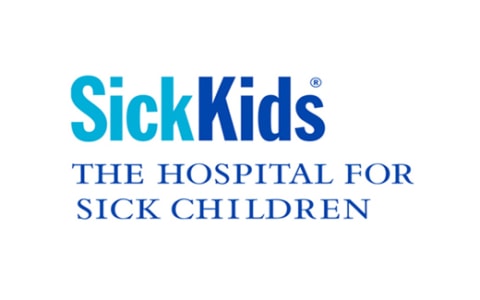
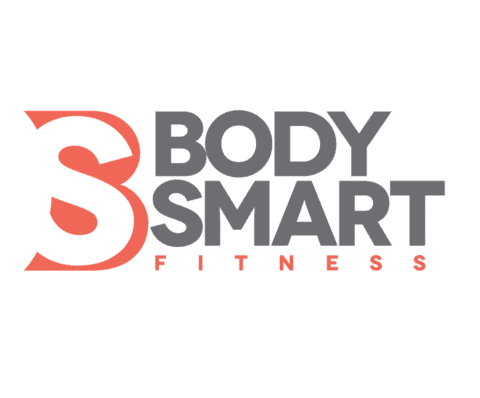

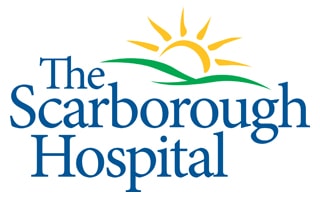
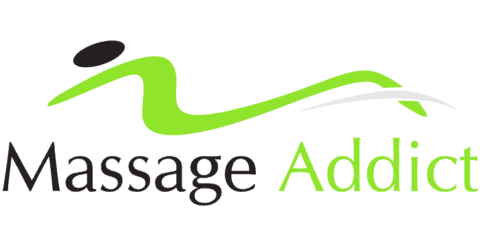



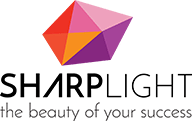

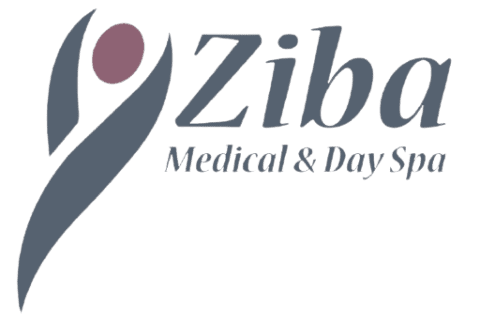
To be admitted to Bryan College Massage Therapy Program, prospective students must complete the following requirements:
Registration:
Registered as a career college under the Ontario Career Colleges Act, 2005.
Member of OCPMTC